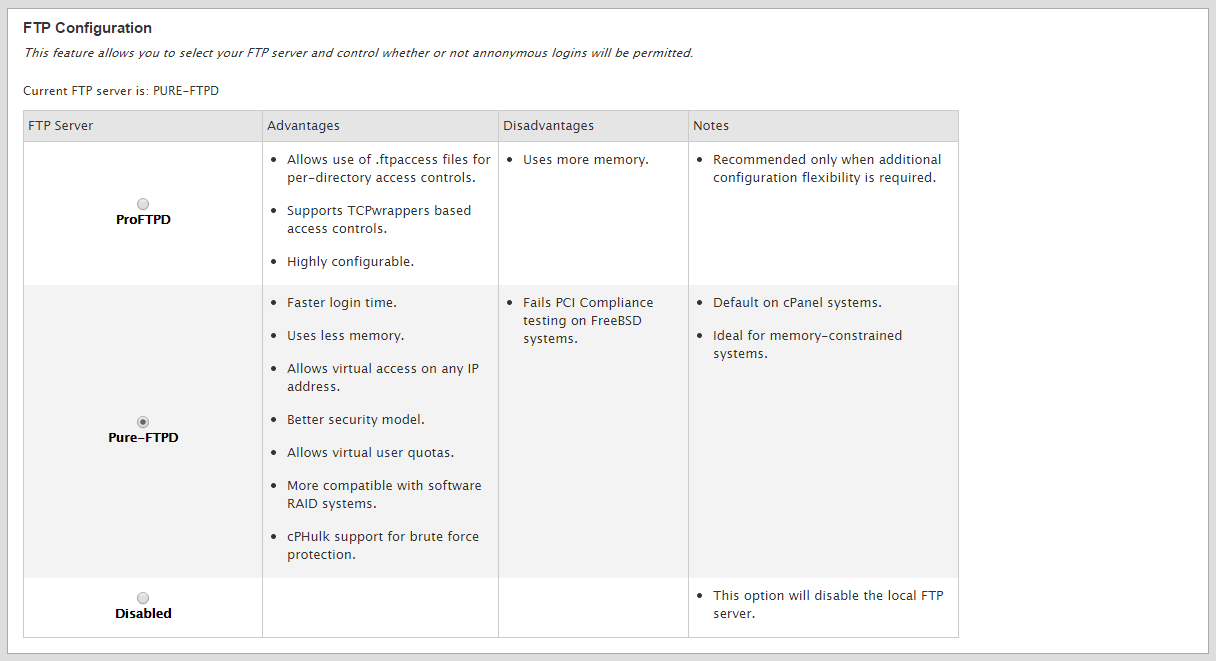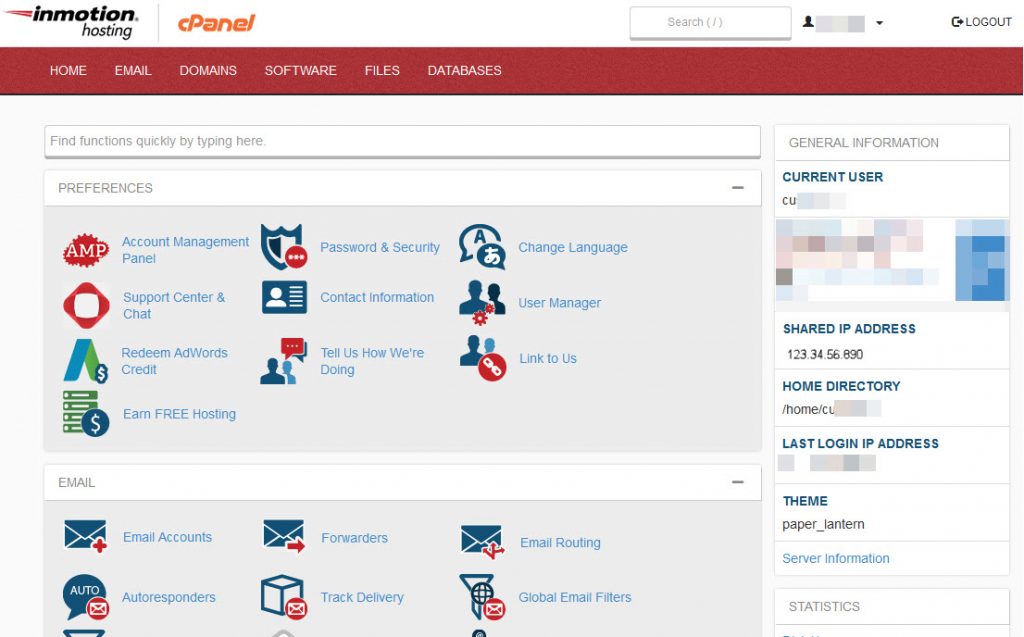

- #Difference between cpanel dns only and cpanel whm how to
- #Difference between cpanel dns only and cpanel whm install
- #Difference between cpanel dns only and cpanel whm full
- #Difference between cpanel dns only and cpanel whm license
There are some differences between cPanel and WHM where remote database access is concerned: Hosts added in WHM are applied to all cPanel user accounts and the MySQL users associated with those accounts.
#Difference between cpanel dns only and cpanel whm how to
This can be useful in helping customers how to use their cPanel. System administrators can also configure MySQL to accept incoming connections from sites hosted elsewhere. That's it! As you can see here, we're now in the CPanel control panel for the hosting accountĤ) Resellers have the ability to login to their customer's cPanel control panels without their username or password. Once again, each of these accounts have their own individual CPanel, and we can login to their CPanel by clicking the corresponding link. We are currently logged in to WHM, so let's go take a look at a list of hosing accounts in this reseller planģ) This is a list of accounts in this WHM's reseller plan. It is what the reseller's customers use to manage their individual hosting accounts CPanel on the other hand, is the end user's control panel. It is what reseller customers use to manage all the hosting accounts in their reseller plan.
#Difference between cpanel dns only and cpanel whm license
I cannot guarantee this will work, but I would first ensure the system has a cPanel license provisioned, otherwise the attempted process is not at all a possibility.
#Difference between cpanel dns only and cpanel whm install
Now let's learn what the difference is between WHM and CPanel. A clean cPanel install on a fresh, minimal OS installation is highly recommended and is the only supported method attempting to convert an existing system is not supported and attempting to do so would be performed at ones own risk. This demo assumes you've already logged in to WebHost Manager (WHM) Resold accounts can be easily created, managed and maintained in Reseller Panel (WHM).Click here to see this article as a Video Tutorial! Resold accounts are owned by the Reseller Panel (WHM). If you need to reset the WHM password, it is required to reset the main cPanel account password, and they will both synchronize. Login details for this cPanel coincide with WHM account details. When you sign up for a Reseller package, you select a main domain name, it can be accessed via the main cPanel account. There can be multiple resellers per server.ĬPanel is a control panel used to manage the hosting account under your main domain. The privileges of the reseller are set by the server administrator. The reseller also has access to all created accounts ('resolds'). Reseller access is provided with Reseller Panel (WHM) where they can manage all their resold accounts. They are limited by the server administrator to the features which affect the reseller’s customers’ accounts but not the whole server. The reseller user is a subordinate of the server administrator.Ī reseller user has a more limited set of features comparing to the root user. A root user can access all levels of WHM interface, including reseller WHM and an end cPanel user. The server administrator has total control over all WHM functions and can modify global server settings as well as customize settings for users with more limited privileges.
#Difference between cpanel dns only and cpanel whm full
This is the server administrator who has full access to the server. The top tier and highest-level user is the 'root' user. Server Administrator Panel (root access to WHM) Here is the structure of WHM/cPanel users depending on their permissions:ġ. However, some menus (like GoogleApps) can be accessed only when you are logged in as an individual cPanel user. Take into account that when accessing cPanel via WHM of a reseller or root user, you can manage almost all options of the end user’s cPanel.


It allows a hosting provider to manage a customer’s account. WHM (WebHost Manager) provides administrative control over your dedicated server or VPS.


 0 kommentar(er)
0 kommentar(er)
